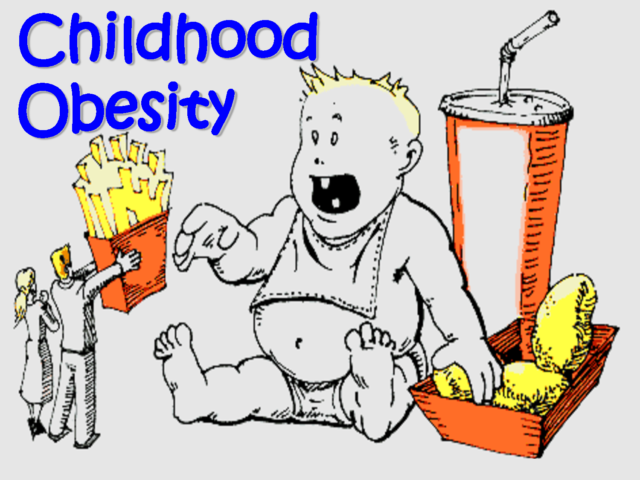As per a news article published in the Euro News, Many soft drink manufacturers had to reformulate their products after the tax was announced in 2016, helping to reduce kids’ added sugar consumption over the next three years.
The United Kingdom’s sugar tax led to a nearly 50 per cent reduction in children’s added sugar intake from sodas and other soft drinks, according to new research.
Pic Courtesy: dyslexia untied
In March 2016, the UK government introduced a tax on soft drinks containing added sugar in a bid to curb childhood obesity. The rule prompted soft drink manufacturers to cut the amount of sugar in their drinks before the tax was implemented in April 2018.
Overall consumption of added sugars had also been falling for years, as Brits switched to lower-sugar alternatives.
By looking at 11 years of data, researchers from the University of Cambridge and other top British universities could model the expected intake of added sugars based on existing trends. They compared those levels to what actually happened in early 2019.
The researchers found that after the tax was announced and implemented, children’s added sugar consumption from soft drinks alone dropped by 45 per cent compared with previous years.
Intake also dropped by 33 per cent among adults, according to the study, which was published in the Journal of Epidemiology & Community Health.
Compared with a scenario where the tax had not been introduced, and taking the existing decline in sugar consumption into account, the study indicates the tax led to a 23.5 per cent relative decrease in added sugar intake from soft drinks among children, and a 40.4 per cent relative decrease among adults.
“It all just reinforces that the policy is having an impact,” Dr Peymané Adab, a professor of chronic disease epidemiology and public health at the University of Birmingham, told Euronews Health. She was not involved with the study.
But Adab also cautioned that “these are still relatively short-term impacts. We know from other types of behaviours, like tobacco and alcohol [consumption], that sometimes these reductions don’t last”.
The World Health Organisation (WHO) recommends that people limit their sugar consumption to less than 5 per cent of their daily energy intake for maximum health benefits, but in 2019 British kids were still getting 9.9 per cent of that total from added sugars in food and soft drinks.
“We still have room for improving sugar reduction even further,” Adab said. “We’ve still not hit the right level”.
At least 54 countries have implemented taxes on sugar-sweetened beverages, according to the Obesity Evidence Hub in Australia.
Sugar-sweetened drinks put kids at higher risk of obesity, which can cause type 2 diabetes, stroke, arthritis, and some cancers. About a quarter of 10 and 11-year-olds in the UK are obese, with the childhood obesity rate surging during the COVID-19 pandemic before ticking down slightly.
Sugary drinks aren’t the only problem. Children ages 4 to 10 get most added sugars from cereal, while soft drinks are the top culprit for those ages 11 to 18, and adults are most likely to turn to preserves and sweets.
Prior findings, for example, show that the sugar tax helped curb obesity in girls but not boys.
Adab said a multi-sector approach that addresses health disparities among disadvantaged groups will be needed to lower childhood obesity rates in the UK.




